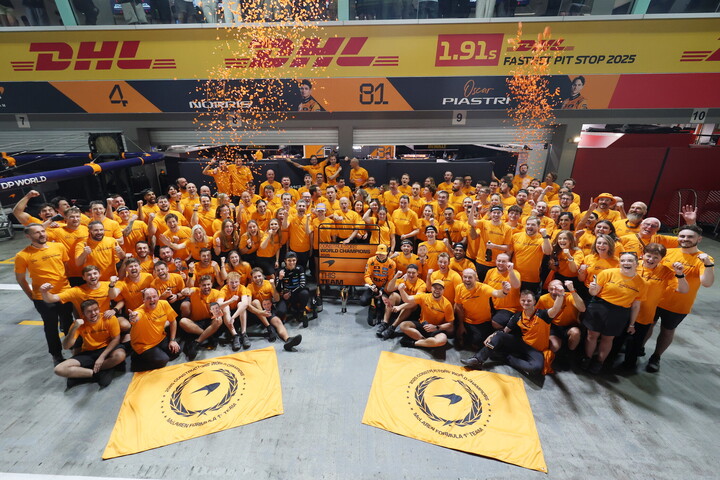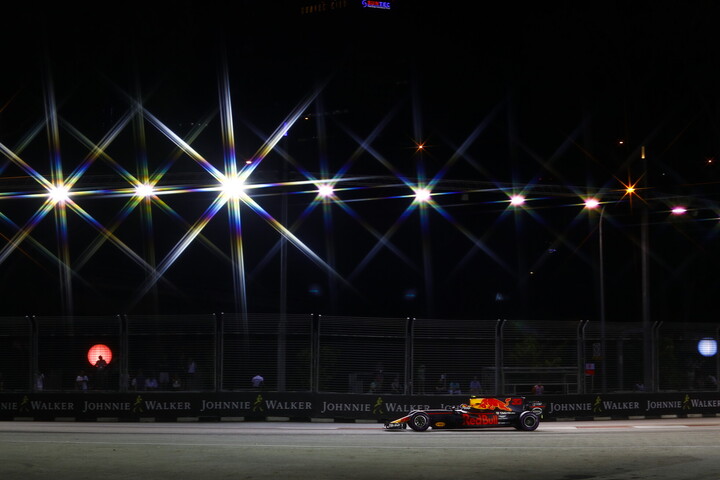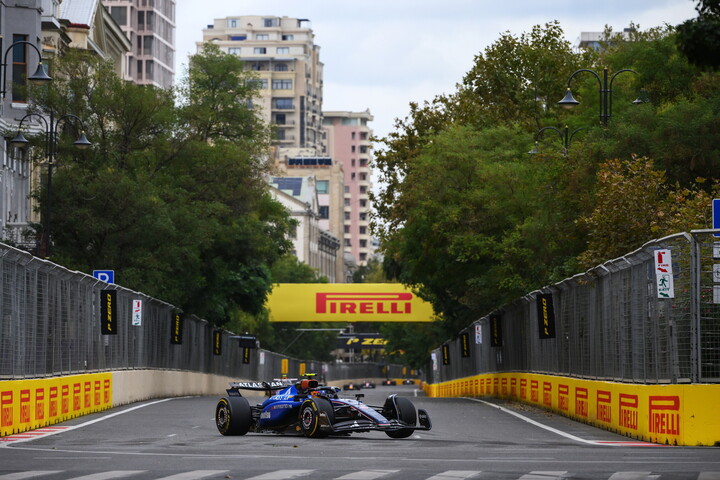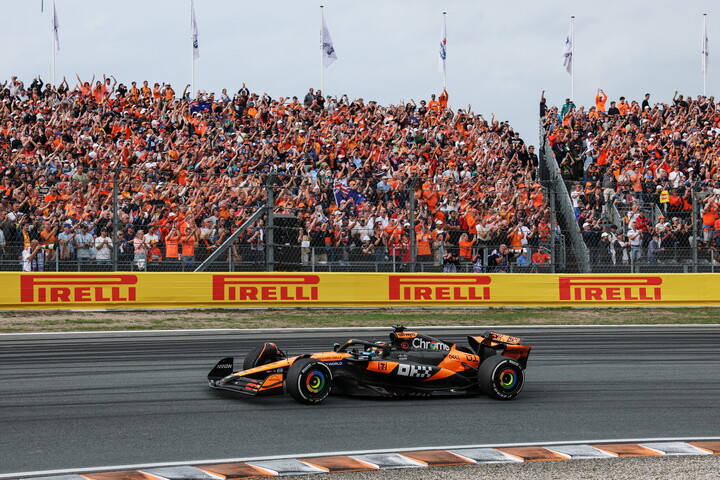History (almost) repeats itself in Montreal

It took seven minutes and eight seconds for George Russell to secure pole position for the Canadian Grand Prix. Yes, you've read that correctly, that was the amount of time elapsed between the Mercedes driver completing his fastest Q3 lap at 16.53.17 in the afternoon Montreal time and the moment Red Bull's Max Verstappen finished his best lap at 17.00.25. In fact, those 428 seconds are all that separated the two men in the final part of qualifying, given that they set identical lap times of 1'12”000. Thankfully, the rules are clear in this situation, in the event of a dead heat, the driver who set the time first is accorded the top slot on the grid. And so Russell secured Mercedes' first pole almost a year on from the last time, courtesy of Lewis Hamilton in the 2023 Hungarian Grand Prix. It means the Silver Arrows have started from pole at least once for the past 13 seasons, two years off Ferrari's 15 season record that ran from 1994 to 2008.

Although it's not unheard of for two drivers to end a session with identical times, since lap times have been set to the nearest thousandth of a second it's only happened once before, in the 1997 European Grand Prix. Remarkably, on that occasion, on 25 October at Spain's Jerez de la Frontera circuit, there weren't just two drivers that could not be separated, but three, in the order, Jacques Villeneuve, Michael Schumacher and Heinz-Harald Frentzen. Back then, each driver was allowed to complete 12 flying laps during the qualifying hour and the Canadian set a time of 1'21”072 in his Williams 14 minutes into the session. Schumacher set his time a further 14 minutes later in the Ferrari, while in the second Williams, Frentzen matched their times when there were around 540 seconds remaining. The rule about setting the time first already existed back then, so Villeneuve was credited with pole, followed by the German pair of Schumacher and Frentzen.

An incredible outcome to qualifying, which caused something of a furore, because this was not just any Grand Prix, it was the final race of the season and the battle for the Drivers' championship was raging, as indeed was Jacques Villeneuve following his disqualification from the previous round in Japan. It meant Schumacher was favourite to gift Ferrari its first title in 18 years. That afternoon in Jerez the conspiracy theorists went into overdrive, indeed some of them stick to their claim to this day, that the result was a fix, designed by a devious grandee of the sport to hype up the Schumacher-Villeneuve rivalry in what was undoubtedly the most important race of the year and, with hindsight, possibly the most significant of the decade. Those of you who know your history will remember that 24 hours later, the excitement over the triple tie in qualifying would be well and truly overshadowed by events in the race, when Schumacher let his heart rule his head, without a moment's thought for the short or long term consequences and instinctively tried to close the door on Villeneuve, which left the German in the gravel trap and the Canadian wearing the championship crown.

27 years later, it's hard to imagine Formula 1 indulging in the sort of hypothetical shenanigans hinted at in Jerez. In fact there were no such suggestions doing the rounds after Russell and Verstappen set identical times and today's race is not a title-decider as was the case at the 1997 European Grand Prix. However, fans of a certain age will no doubt recall the whirlwind of emotions generated that weekend, the anger directed at Schumacher, for his arrogance in trying to win at all costs for himself and the team. They might even smile when looking at yesterday's time sheet, thinking that if only Lando Norris had found an extra 21 thousandths on the lap that secured him third place, we could have had a repeat of that 1997 triple tie, because it's true that history repeats itself, in life and also in sport.




